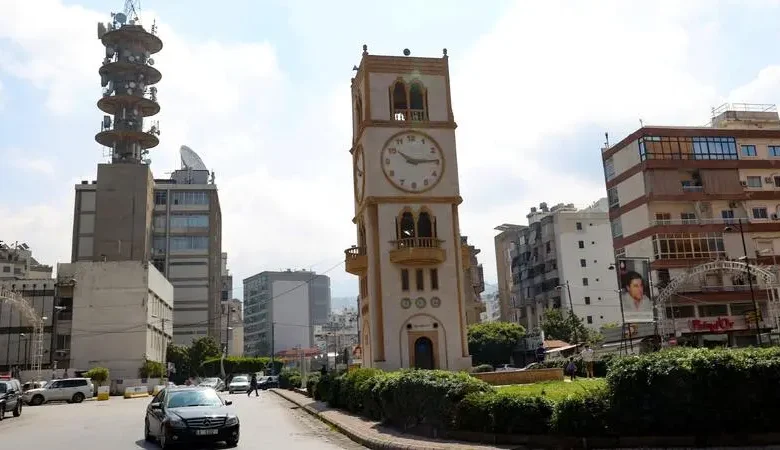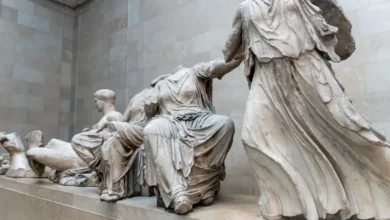Tiff on daylight splits Lebanon into 2 time zones

If you’re in Lebanon or planning a trip there, beware that the country is operating on two time zones.
The predominantly Christian eastern part of the capital Beirut switched to daylight savings time Saturday night, becoming two hours ahead of the Greenwich Meantime (GMT).
But in the western, mostly Muslim, neighborhoods, wintertime is still in effect until April 20, keeping that part and much of the Muslim districts nationwide at three hours ahead of GMT.
On the surface, it may look like an insignificant situation. But in reality, it underlines the deep sectarian divide in a country where Christians fought against Muslims in the 1975-1990 civil war that shattered the country. Until the present day, Lebanon’s parliamentary seat are allotted according to religious sects.
The row over the time surfaced Thursday, when caretaker Prime Minister Najib Mikati delayed switching to daylight savings time until the end of the Muslim fasting month of Ramadan, a move that would earn him praise, and possibly loyalty, by Muslims, who would be able to break their fast at around 6 pm, instead of an hour later.
Mikati’s decision effectively meant Lebanon will remain on wintertime, instead of rolling the clocks forward by one on the last weekend of March, as it is usually the case every year.
However, that upset the powerful Maronite Church, which said Saturday it would disregard Mikati’s decision. On Saturday night, Eastern Beirut and all Christian communities nationwide switched to summertime. Other Christian institutions, including schools, and political parties followed the church.










